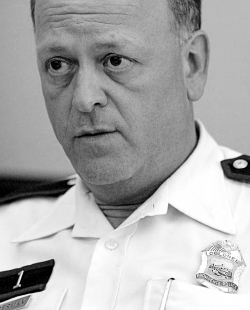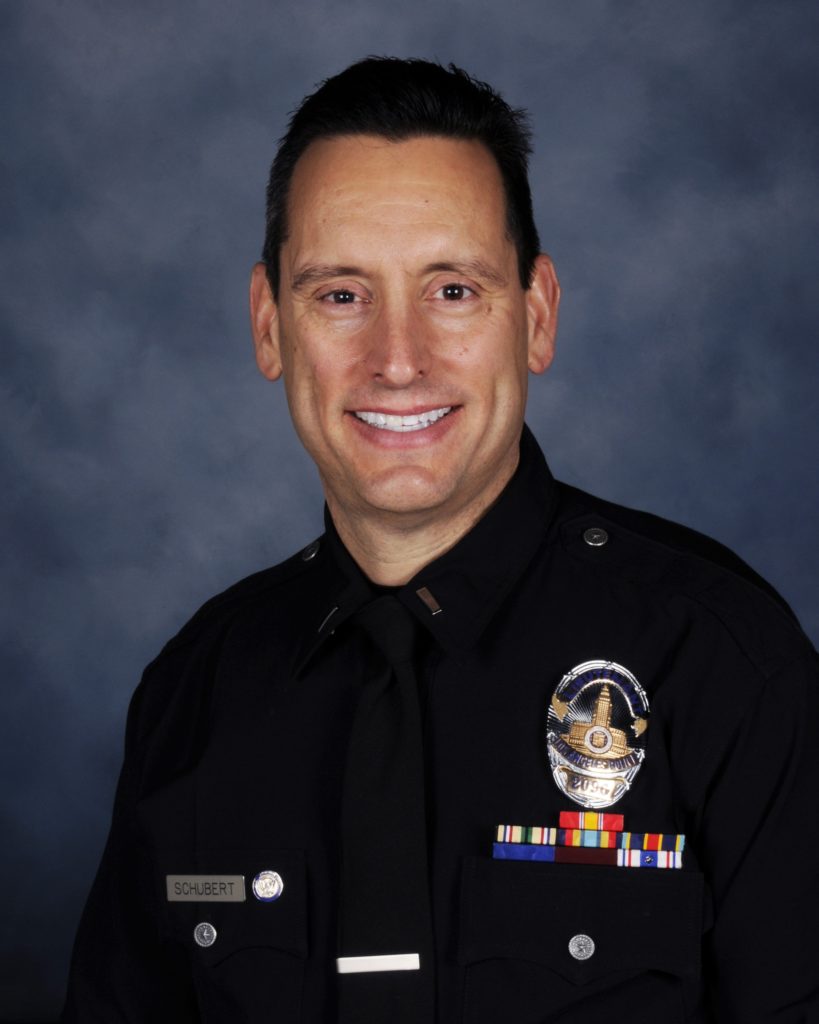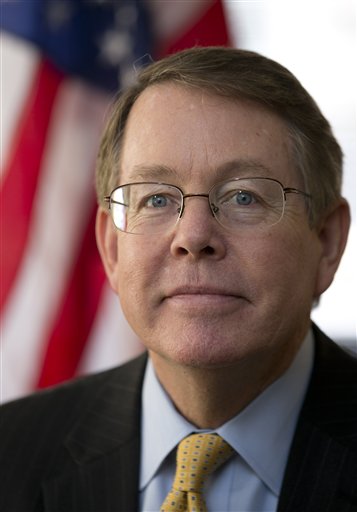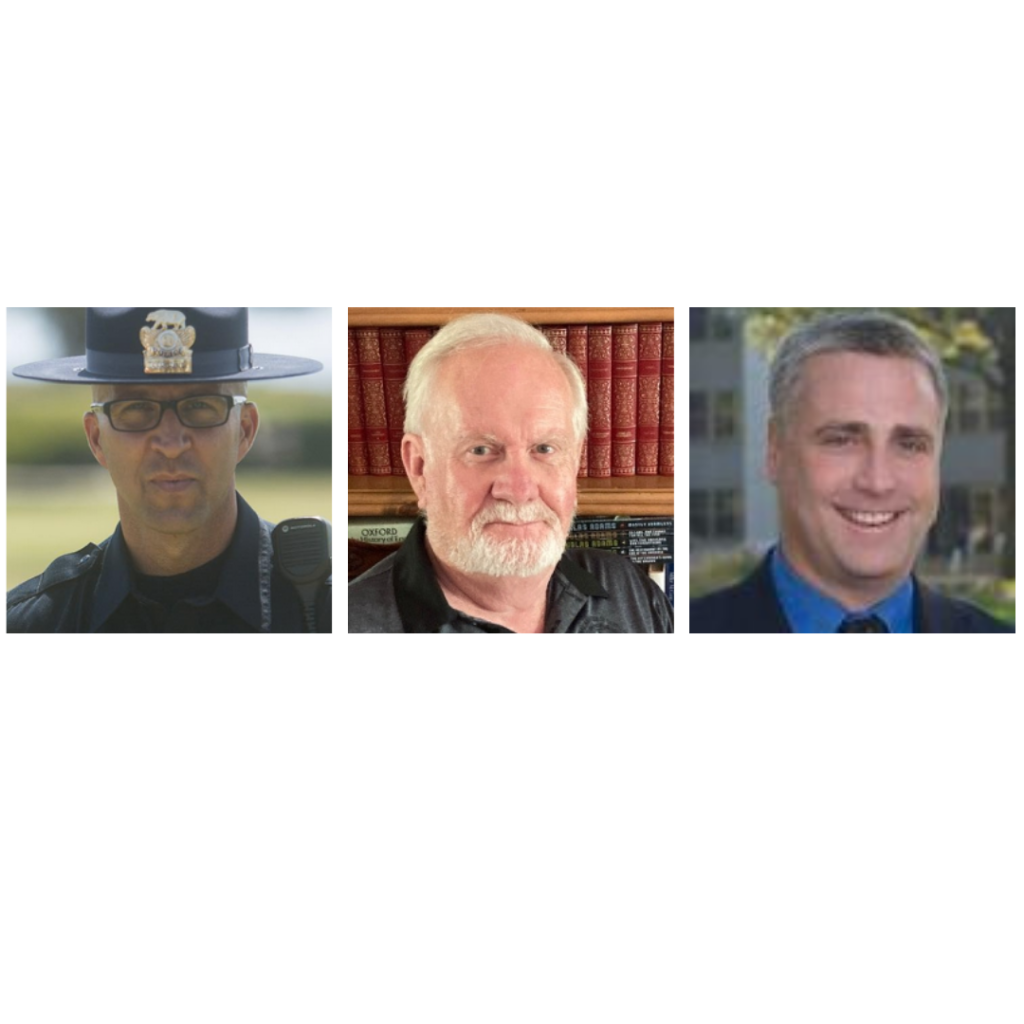Welcome to the OnPolicing Series
OnPolicing captures the thoughts of some of the country’s most important voices on contemporary policing. It is intended to stimulate debate about the state of policing and the myriad of challenges involved in controlling crime, disorder, and terrorism in a democracy like ours. The opinions are the authors’ own and may not represent the official position of the National Policing Institute.
Counter-Terrorism After 9/11—An interview with Dr. Frank Straub, Director of the Center for Mass Violence Response Studies at the National Policing Institute
Reprinted with permission from the International Centre for Counter-Terrorism (ICCT) – The Hague. Twenty years ago, Frank Straub was a first responder on the scene of the attacks in lower Manhattan. Looking back, we go through his experience of the day and his perspective on how counter-terrorism in policing changed after the attacks. Interviewing him…
Co-Responder Models in Policing: Better Serving Communities
Over the last 30 years, a growing number of agencies have increasingly adopted police-mental health collaboration (PMHC) programs, also known as co-responder models, to provide an enhanced response to victims of crime or people in the throes of an emotional or behavioral health crisis[1]. Utilizing this model, law enforcement and mental health clinicians respond to…
Putting Unity in Comm “unity”: Overview of Community-Oriented Policing
“We cannot be separated in interest or divided in purpose. We stand together until the end.” This is a famous quote from the United States’ 28th President, Woodrow T. Wilson. Yet this quote resonates more so today as we see the division between police and citizens along with the numerous protests in response to police…
Is Your Agency Leading the Charge?
By now everyone with an interest in law enforcement and mending the rifts in our fractured society has seen the murder of George Floyd in Minneapolis. Those who have sworn to an Oath of Office realize that what happened that day has never been, is not now, or will ever be the true face of…
Militias and Police Normalization of Domestic Violent Extremists
It is illegal in all 50 states to form unauthorized private militia groups.[1] However, 36 states allow the open carry of firearms at protests. As a result, groups carrying arms and wearing tactical gear at protests can generate the public impression that they are sanctioned by the government and even perhaps aligned with police agencies….
Understanding Intergroup Communication as a Pathway for Improving Police Legitimacy
Internal and external communications are essential to the success of police organizations. In this article, we focus primarily on external communications, reflecting on how a body of theory and research from the study of communication can be used to improve relationships between police and communities. Police scholars and practitioners have identified communication as a key…
The Danger to Policing in Normalizing Extremism
The sights and sounds of January 6, 2021, are etched into our minds for the remainder of our lives and will no doubt be studied and read about for decades to come. This was no ordinary Wednesday. It could be classified as one of the worst, if not the worst day yet, in American history….
Developing Evidence in De-Escalation of Potential Use of Force Encounters
Stories about police use of excessive force continue to appear in local and national news headlines. Community-police relationships continue to be strained by these incidents, many of which have been captured on camera and circulated in media. Witnessed and recorded incidents have reportedly led to a loss of trust in the police1 and for calls…
Origins of officer-involved shootings: Analysis of data reported to police via 911 calls reveal opportunities to reduce violent outcomes
Through the cooperation of more than 50 of the largest law enforcement agencies across the U.S. and Canada, our research team was granted access to the most detailed dataset ever collected on fatal and non-fatal shootings by officers while on duty. Covering the period from 2015 through 2018, these data cover over 1,000 fatal and…
Put Your Mask on First—Prioritizing Self Care for Law Enforcement Executives
Thus far, 2020 has produced indisputable evidence of the perils facing law enforcement in the United States and around the world. A global pandemic has taken more than 200,000 lives in the United States including more than 200 deaths of those serving in law enforcement and corrections services. [1] Adding to that toll are stressors…
In Policing, ‘You Don’t Know Nothing’—Until You Ask Questions
The late New York Yankees legend Yogi Berra is perhaps remembered more for his malapropistic quotes than what he achieved on the field. The irony about “yogi-isms” is that his words can actually be quite profound. One such statement, “In baseball, you don’t know nothing” likely speaks to the unpredictability of the game. It could,…
When Strategies Cause Unintended Harm
Policing is a fast-paced environment as departments are consistently responding to community demands for service and chiefs are consistently responding to crime trends. As strategies are implemented though, too often, its impacts are assessed based on weekly or monthly comparisons for crime, yet little thought is given to possible blow-back effects, or to the unintended…











